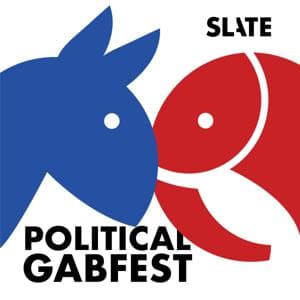This week, we discuss the Department of Labor's (DOL's) new compliance tools, its proposed pharmacy benefits manager (PBM) transparency regulation, and updated enforcement priorities from the DOL's Employee Benefits Security Administration. We also cover the National Labor Relations Board's (NLRB's) revamped case intake process.
DOL Releases Compliance Tools
The DOL has introduced new resources—including interactive toolkits, industry-specific guidance, updated fact sheets, and self-audit checklists—to help employers avoid wage-and-hour violations.
DOL Issues Proposed Regulation for PBMs
The DOL has issued a proposed regulation, now open for comment, aimed at increasing transparency from PBMs. The proposal would mandate PBMs to disclose the full scope of fees, rebates, and compensation.
Additionally, the DOL's Employee Benefits Security Administration has unveiled a significant overhaul of its enforcement priorities for 2026.
NLRB Adjusts Intake Procedure
Faced with a significant number of pending cases due to the government shutdown and staffing issues, the NLRB has instituted a new intake procedure for unfair labor practice charges.
-
Visit our site for this week's Other Highlights and links: https://www.ebglaw.com/eltw421
Subscribe to #WorkforceWednesday: https://www.ebglaw.com/eltw-subscribe
Visit http://www.EmploymentLawThisWeek.com
-
Epstein Becker Green is a national law firm that focuses its resources on health care, life sciences, and workforce management solutions, coupled with powerful litigation strategies.
These materials have been provided for informational purposes only and are not intended and should not be construed to constitute legal advice. The content of these materials is copyrighted to Epstein Becker & Green, P.C. EMPLOYMENT LAW THIS WEEK® and #WorkforceWednesday® are registered trademarks of Epstein Becker & Green, P.C. ATTORNEY ADVERTISING.




































